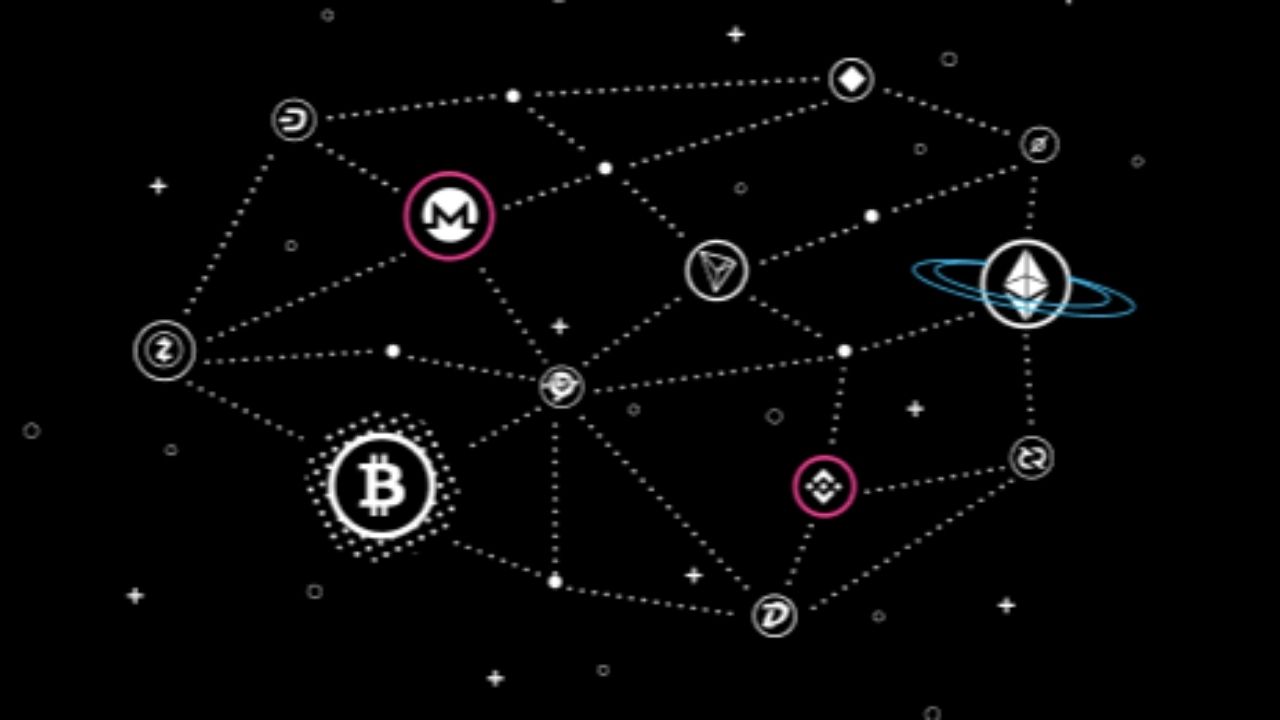 Some economic experts from Africa have suggested that the continent now needs a common cryptocurrency and an integrated capital market to boost trade and sustain growth. The Importance of a Common Crypto Experts on the African economy have argued that a common cryptocurrency along with an integrated capital market is needed to boost trade and […]
Some economic experts from Africa have suggested that the continent now needs a common cryptocurrency and an integrated capital market to boost trade and sustain growth. The Importance of a Common Crypto Experts on the African economy have argued that a common cryptocurrency along with an integrated capital market is needed to boost trade and […] Both Ethereum 2.0 and Polkadot are promising sharding-based protocols overcoming the scalability challenges facing legacy blockchains. Although slightly different, together, the Relay Chain and Beacon Chain represent another significant leap forward, especially for interoperability. Partitioning the Problem: Sharing the Load via Sharding Scalability has been a hotly debated topic after networks bumped up against the […]
Both Ethereum 2.0 and Polkadot are promising sharding-based protocols overcoming the scalability challenges facing legacy blockchains. Although slightly different, together, the Relay Chain and Beacon Chain represent another significant leap forward, especially for interoperability. Partitioning the Problem: Sharing the Load via Sharding Scalability has been a hotly debated topic after networks bumped up against the […]
Overly-confident Ethereum options traders are nervously watching the $3,200 level ahead of this week’s $800 million ETH options expiry.
Ether (ETH) will face a critical $820 million monthly options expiry on Friday, Aug. 27. That will be the first time that $3,000 and higher options will have a real fighting chance, even though bulls seem to have missed a good opportunity to dominate the expiry because they were too optimistic about Ether’s price potential.
It is unclear why $140 million of the neutral-to-bullish call options were placed between $3,800 and $8,000, but these instruments will likely become worthless as the monthly expiry approaches.
The Ethereum network has struggled due to its own success, which consistently leads to network congestion and transaction fees of up to $20 and higher. Furthermore, the rise of nonfungible tokens and decentralized finance imposed further stress on the network.
Maybe some of the inflow that was supposed to move Ether price up went to its competitors, which presented stellar performances recently. For example, Cardano (ADA) surged over 100% quarter-to-date as investors expect its long-awaited smart contracts to launch on Sept. 12.
Solana (SOL), another smart contract contender, captured one-third of the inflows to crypto investment products over the last week, according to CoinShares “Digital Asset Fund Flows Weekly.”
Lastly, layer-two scaling solutions like Polygon (MATIC) have also seen 150% gains after successfully bringing DeFi projects into its interoperability pool and launching a decentralized autonomous organization (DAO) to scale projects on the software development kits.

Notice how the $3,000 level vastly dominates Friday’s expiry with 30,900 ETH option contracts, representing a $100 million open interest.
The initial call-to-put analysis shows a slight prevalence of the neutral-to-bullish call instruments, with 13% larger open interest. However, bears seem to have been taken by surprise because 83% of their bets have been placed at $2,900 or lower.
Nearly half of the neutral-to-bullish call options have expiry prices set at $3,500 or higher. These instruments will become worthless if Ether trades below that price on Friday. The options expiry happens at 8:00 am UTC, so traders might expect some price volatility nearing the event.
Below are the three most likely scenarios that will likely happen and their estimated gross result. Keep in mind that some investors could be trading more complex strategies, including market-neutral ones that use calls and protective puts. Consequently, this estimation is somewhat rudimentary.
The simplistic analysis weighs the call (buy) options against the put (sell) options available at each strike level. So, for example, if Ether’s expiry happens at $3,050, every neutral-to-bullish call option above $3,000 becomes worthless.
Bears will try to minimize the damage, and luckily for them, the honeypot for a favorable price move doesn’t look worthwhile of a significant effort from bulls.
As for the excessively optimistic options traders, they should better rethink their strategy for the September expiry. The Ethereum network seems to be its own biggest enemy because the increasing adoption has fueled the rise in competitors’ decentralized finance applications.
The views and opinions expressed here are solely those of the author and do not necessarily reflect the views of Cointelegraph. Every investment and trading move involves risk. You should conduct your own research when making a decision.